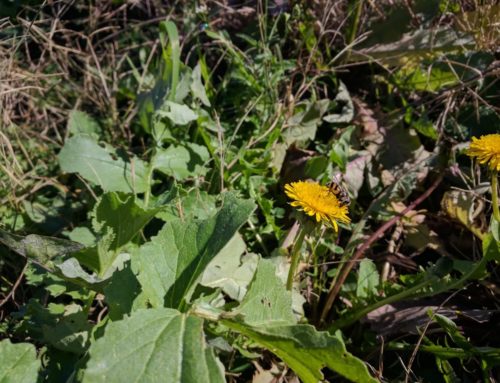I received an advanced review copy of Mark Hyman’s forthcoming book Food which I enjoyed a good deal. One of my favorite takeaways from Dr Hyman’s book was reframing the issues of stress-induced chronic health complaints as lifestyle-related diseases. He writes:
“Food is the most powerful drug on the planet. It can improve the expression of thousands of genes, balance dozens of hormones, optimize tens of thousands of protein networks, reduce inflammation, and optimize your microbiome (gut flora) with every single bite. It can cure most chronic disease; it works faster, better, and cheaper than any drug ever discovered; and the only side effects are good ones – prevention, reversal, and even treatment of disease, not to mention vibrant optimal health.” [Kindle loc 266]

I’ve subscribed to the food as medicine movement since 1996 and have read hundreds of books and thousands of research papers and articles on nutrition, cooking, eating, diet, and botany. I’m going to recommend you read Dr Hyman’s book here if you’ve been looking for a no-nonsense approach to nutrition that wades through the governmental policies and industrial food system to get to the heart of the ingredients in your fridge and pantry.
Hyman breaks down major food groups into chapters for:
- Meat
- Poultry and Eggs
- Milk and Dairy
- Fish and Seafood
- Vegetables
- Fruit
- Fats and Oils
- Beans
- Grains
- Nuts and Seeds
- Sugar and Sweeteners
- Beverages
He calls out bad government advice, the risks of consuming food-like substances, and the lobbying groups that have negatively shaped dietary guidelines in this country for decades. Hyman also talks about the environmental issues with unsustainable feed lots, monocrops, and petrochemical-based agriculture, very real concerns I share for our future as a planet.
The challenges I did have with Food centered heavily on his repeated mention of the fearmongering, chemophobic Environmental Working Group (EWG). Hyman is on their board of directors so of course he is going to mention them but I have so many issues with the group that it really rubbed me wrong seeing the equivalent of an ad for this pseudoscience group in every chapter. Blech! EWG probably started out as a well-meaning organization with concerns about what we’re putting on and in our bodies but they routinely misreport data, twist research to fit into their box of scary ingredients, and I’m honestly surprised they haven’t listed dihydrogen oxide (water, folks, it’s water) on their Dirty Dozen list at this point! He also keeps mentioning a U.S.-based online company that sells expensive condiments and other health foods which does read exactly like an advertisement and is quite off-putting.
My other hangup with Hyman’s book here is that he disparages legumes and grains but does not offer the wisdom our ancestors have known for hundreds of years: fermenting, sprouting, and soaking legumes, seeds, nuts and grains reduces phytic acid, makes them easier to digest, and makes their nutrient profiles more bioavailable. While this may not be a solution for every body, the omission feels glaring to someone like myself who relies on high phytic acid foods from seeds for many macro and micronutrients. He does mention soaking nuts in the nuts and seeds chapter so I’m not sure why the other evidence-based methods were not mentioned.
All in all I think it is a great read, potentially very empowering for those who have struggled finding the right “diet” to follow, and well worth your time. It took me a little over 6 hours to read the book cover to cover, done over the course of a week of casual reading. The book is expected to be released on February 27th by Little, Brown and Company. I’d love to hear your thoughts after you’ve had a chance to read a copy!
 Food: The No-Nonsense Guide to What You Should–and Shouldn’t–Eat for Ideal Weight and Optimum Health by Mark Hyman
Food: The No-Nonsense Guide to What You Should–and Shouldn’t–Eat for Ideal Weight and Optimum Health by Mark Hyman
My rating: 4 of 5 stars









Leave a Reply